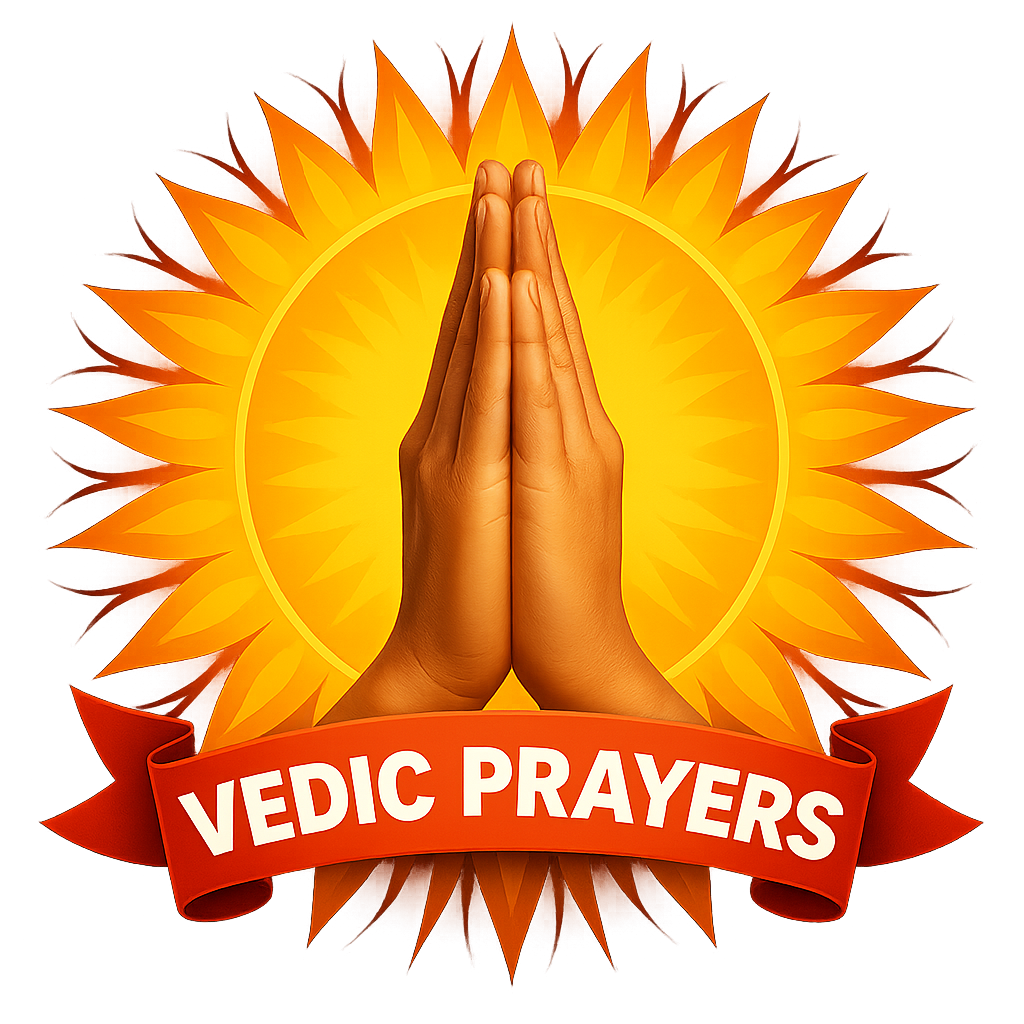
What is Purnima Shradh?
Purnima Shradh is considered a part of the Pitru Paksha Shradh. It is performed on the full moon day (Purnima Tithi) of the month of Bhadrapada. It is also known as Shravani Purnima Shradh or simply Purnima Shradh. This ritual holds great importance in Hinduism as it is performed for the peace of the departed ancestors (Pitras) and to seek their blessings.
On this day, Shradh is especially performed for those whose exact date of death is not known, or when it is not possible to conduct Shradh on their specific death anniversary. This day is also called “Sarvapitra Purnima” because collective Shradh for all ancestors can be performed on this day.
When will it be observed in 2025?
Purnima Shradh, also regarded as Bhadrapada Purnima Shradh and sometimes considered the beginning of Pitru Paksha, will be observed in 2025 on Sunday, 7th September.
When is it observed?
- It is observed on the full moon day (Purnima Tithi) of the Bhadrapada month.
- If the exact death date (according to the lunar calendar) of a person is not known, Shradh can be performed on this day as prescribed in scriptures.
- This date is considered highly auspicious for satisfying the souls of ancestors and receiving their blessings.
Importance of Purnima Shradh
The significance of Purnima Shradh is not only religious but also social and familial.
- It keeps us connected to our roots and traditions.
- It teaches us gratitude, reminding us that whatever we are today is because of our ancestors.
- It conveys the message of sacrifice, faith, and devotion.
- This day reminds us of the impermanence of life and the importance of karma.
Why is it observed?
- It is believed that performing Shradh on this day grants peace to the souls of ancestors.
- It brings happiness, prosperity, and good fortune to the family.
- It provides an opportunity to express gratitude and respect toward ancestors.
What is done on this day?
- Bath and Sankalp (vow): The day begins with a holy bath followed by taking a vow with devotion, remembering the ancestors.
- Tarpan: A ritual offering of water mixed with sesame seeds and Kusha grass is made to ancestors to satisfy their souls.
- Pind Daan: Food balls (Pind) made of flour, sesame seeds, barley, and rice are offered in the name of ancestors.
- Offering of flowers and lamp: Flowers are offered in memory of ancestors and lamps (deep) are lit.
- Feeding and donation to Brahmins: Brahmins are served meals and donations are made according to one’s capacity, which is believed to please the ancestors.
- Preparation of special food: Dishes like kheer, puri, dal, and vegetables are prepared and first offered to ancestors, after which the family consumes it as prasad.
For whom is Shradh performed on this day?
- For those whose exact date of death is not known.
- For those whose Shradh could not be performed on specific tithis.
- In some families, collective Shradh of all ancestors is performed on this day.
Spiritual Message
Purnima Shradh teaches us that life is temporary, and after death, every soul merges back into its original divine source. Hence, one should focus on righteous actions (karma). To receive blessings from ancestors, it is not just rituals but true devotion and faith that matter the most.
It is an occasion to remember our ancestors with reverence, devotion, and gratitude. It is not merely a religious ritual but also a way to express respect toward our family and lineage. The Tarpan, Pind Daan, and Shradh rituals performed on this day not only grant peace to the departed souls but also bring happiness, prosperity, health, and blessings to the family.
Purnima Shradh also reminds us that life is impermanent, and every soul eventually returns to its true essence. Therefore, we should carry forward our family, social, and spiritual values through righteous actions and traditions.
















